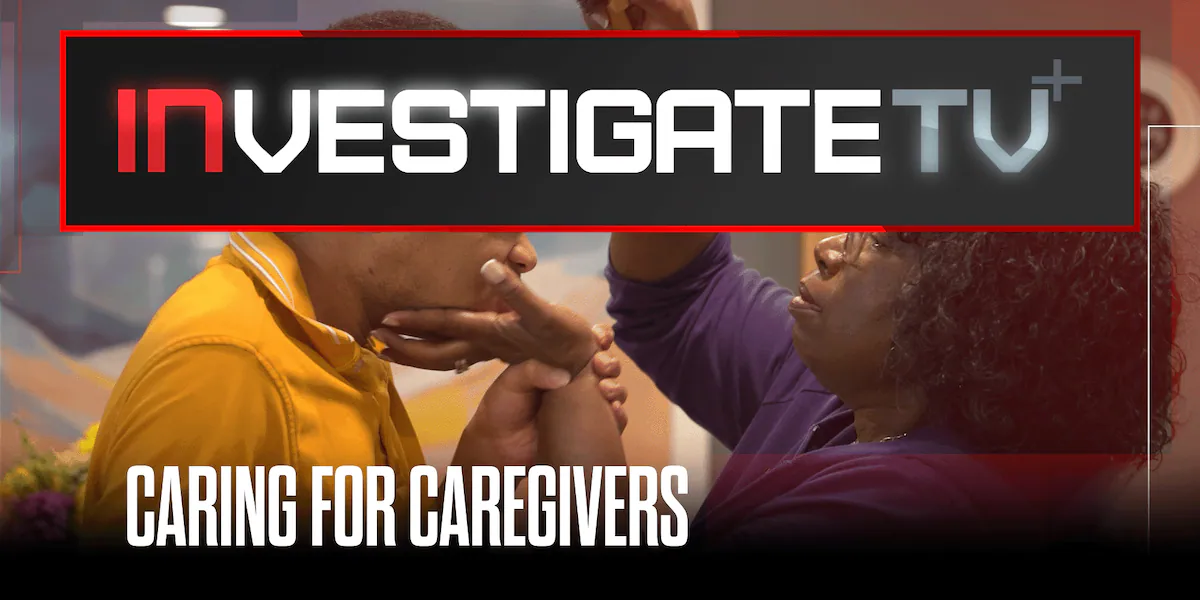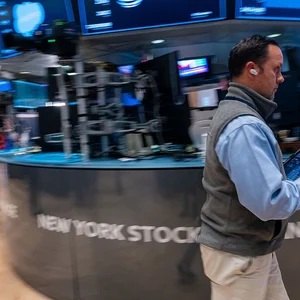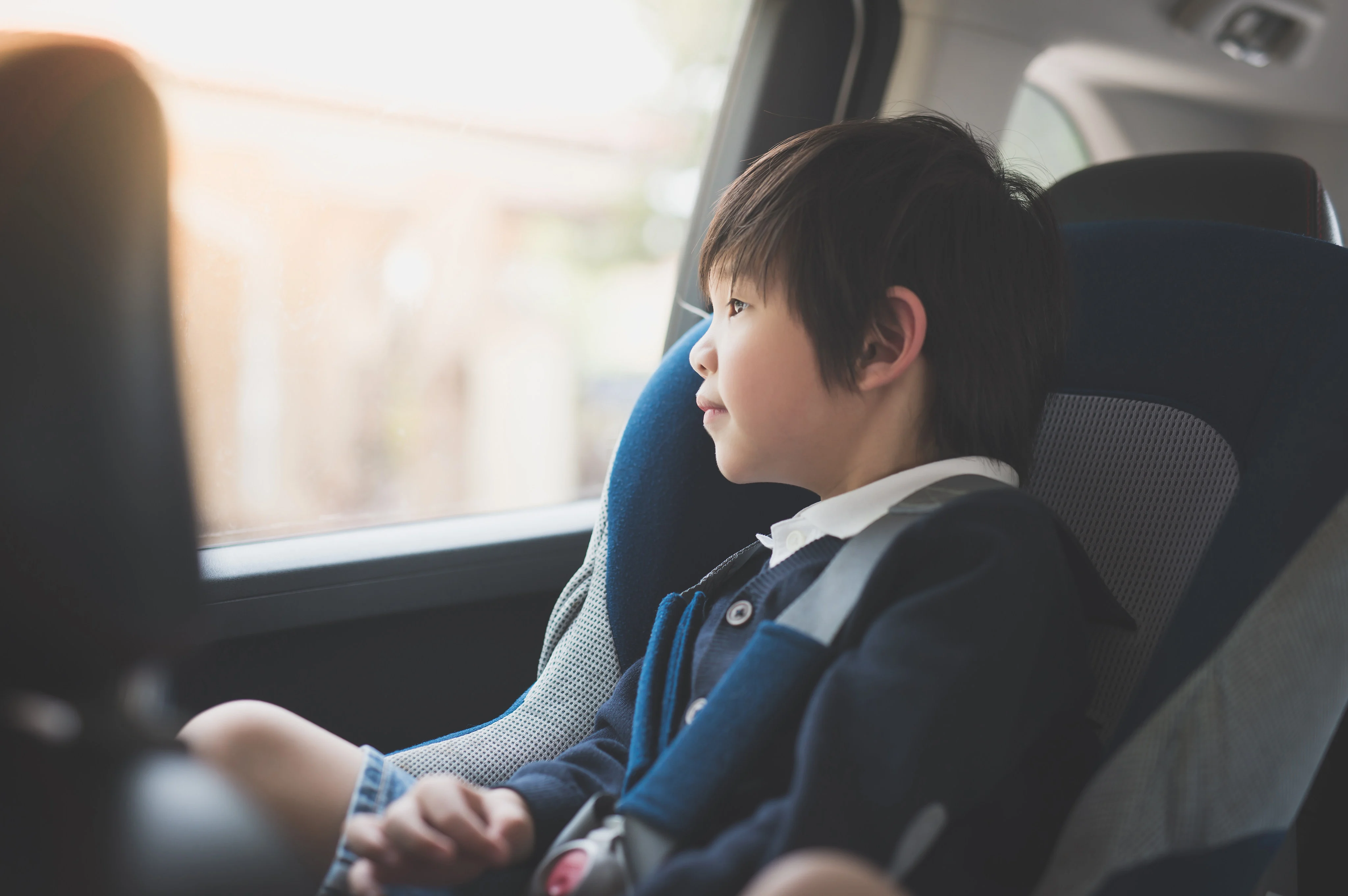Copyright WEAU

(InvestigateTV) — Caregiving is one of the fastest-growing medical needs in the country, but it comes with a high cost. InvestigateTV+ takes an in-depth look at the struggles these hidden healthcare workers face and seeks solutions for more resources and support. Then, the popularity of e-bikes and e-scooters is soaring, but so are visits to emergency rooms. We examine the risks for riders, and a mother shares her heartache to prevent another tragedy. Caregiving Crisis: Nearly 1 in 4 US adults serve as caregivers for relatives with complex needs Caregiving for a loved one is not just a good deed. It’s a public health issue. New research reveals that one in four U.S. adults currently serves as a caregiver for a relative with complex medical needs. Most family caregivers are unpaid, but advocates say this “invisible workforce” in healthcare is desperate for help. E-bike, e-scooter injuries surge as micromobility grows The use of “micromobility” — or small vehicles like electric bikes and scooters — has surged over the last decade. Both are considered low-cost and can travel nearly twice the speed of traditional bikes and scooters, reaching 25 mph compared to 15 mph. However, research by the Consumer Product Safety Commission found that micromobility vehicles are increasingly becoming more dangerous. Michigan couple honors late son with diaper drive for families in need One in two families struggles to provide children with clean, dry diapers, according to the National Diaper Bank Network. The high cost of diapers forces some families to make difficult choices when it comes to basic necessities. “When you have to choose between putting food on the table or a clean diaper for your baby, that’s a really hard choice because there’s no right or wrong answer. It’s just hard,” said Tara Waldron, president of the Junior League of New Orleans. Some babies require up to ten diapers a day, which adds up to about 300 a month, Waldron said. Learn more about how one Michigan family is turning tragedy into a way to help others in their community with diapers. How this nonprofit combats loneliness epidemic with street-level connections In the spring of 2023, the U.S. Surgeon General declared loneliness a public health crisis. One in two American adults says they experience loneliness, according to Becca Bernstein, chief community and operations officer for Belong Center. “What issue affects literally 50% of American adults? Like what other issue affects half of us?” Bernstein said. Belong Center is a nationwide nonprofit with the mission to end the loneliness epidemic and save lives. “Social disconnection leads to an increase in stroke, an increase and heart disease, an increase in depression, even an increase in death,” Bernstein said. “I think a lot of people think of loneliness and belonging as these sort of fluffy, nice-to-have issues. These aren’t nice-to-have issues. These are at the crux of our health and our well-being, and our humanity.” The organization trains volunteers in what’s called a Social Connection Corps activation. Volunteers perform “RASCALS” — random acts of social connection and love. On Washington D.C. streets, volunteers spread smiles, bubbles and good vibes while engaging with community members. One team hopped on public transit, handed out connection cards and created community through a game of Pictionary. Another team hit the streets, engaging people and distributing connection cards. While some people kept walking, more often than not, people took the cards and some shared their stories. “My way of making the world a better place — there’s so much going on in the world and sometimes we feel insignificant,” said Anahata Sabat, a Belong Center volunteer. Submit story tips to our Investigators Share errors or concerns with our Digital Editors Watch full episodes of InvestigateTV+ Subscribe to the InvestigateTV YouTube Channel



